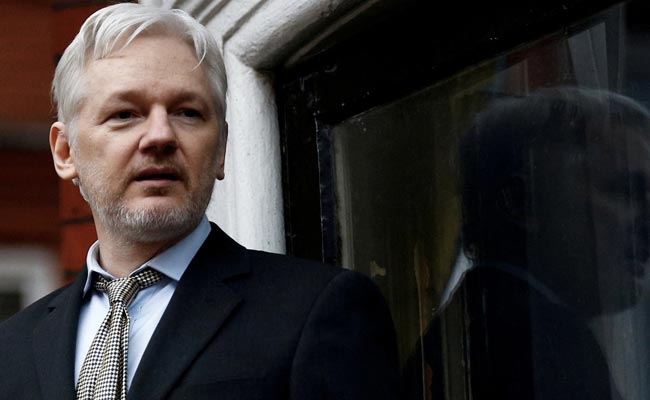Julian Assange, the founder of WikiLeaks, is currently fighting against his extradition from the UK to the US to face charges related to espionage. These charges stem from the publication of hundreds of thousands of leaked documents, including those pertaining to the Afghanistan and Iraq wars, as well as diplomatic cables, during 2010 and 2011.
The crux of Assange’s appeal lies in his argument that his extradition breaches the UK-US extradition treaty, which prohibits extradition for political offenses. His legal representative, Edward Fitzgerald KC, contends that the prosecution seeks to criminalize journalistic practices and that Assange’s actions were in the public interest, exposing significant wrongdoing by the US government, such as torture, extrajudicial killings, and war crimes.
On the other hand, the US contends that Assange aided and abetted the whistleblower Chelsea Manning in unlawfully obtaining classified documents and subsequently disclosed unredacted names, putting individuals at risk. They argue that Assange’s actions constitute serious criminal offenses rather than mere publication.
The outcome of the hearing holds significant implications. Should Assange win, it could lead to a full appeal hearing, prolonging the legal process. However, if he loses and permission for a full appeal is denied, he could face extradition to the US imminently to stand trial.
Despite efforts by the Australian government to intervene and push for a resolution, including representations to both the US and the UK, there are limitations to their influence. While there’s frustration over the lack of progress, particularly evident in a recent motion passed by Australian government ministers, it’s acknowledged that the ultimate resolution lies with the legal processes of the involved countries.
There’s little indication of US intervention so far, with the Biden administration appearing reluctant to interfere in the Department of Justice’s pursuit of Assange. The political landscape adds complexity, with considerations of Assange’s role in past elections and the administration’s desire to maintain the independence of the Department of Justice.
While the future remains uncertain for Assange, with potential legal avenues still available, the case continues to attract attention both internationally and within Australia, where there’s a growing call for closure and resolution.

